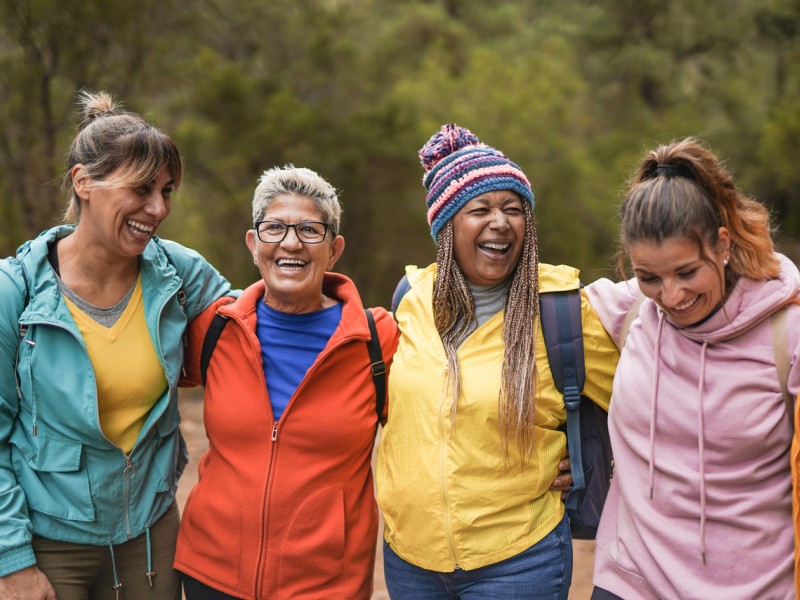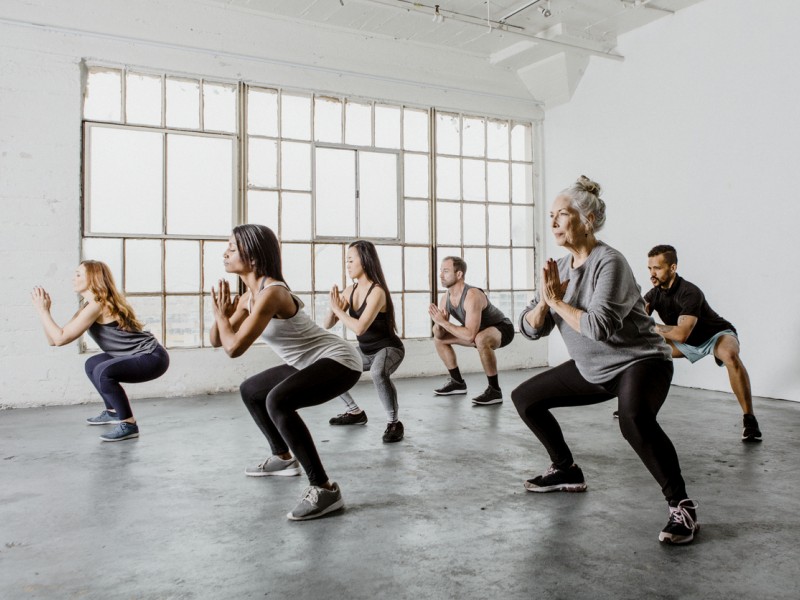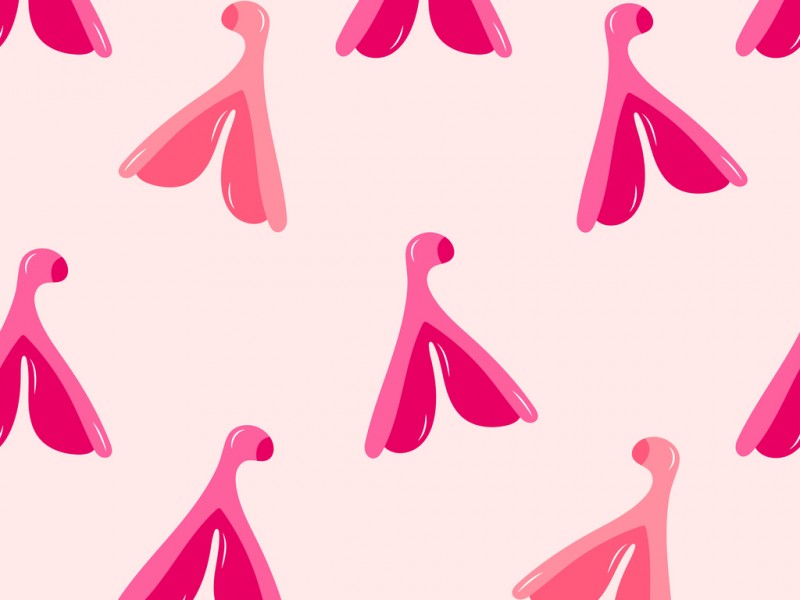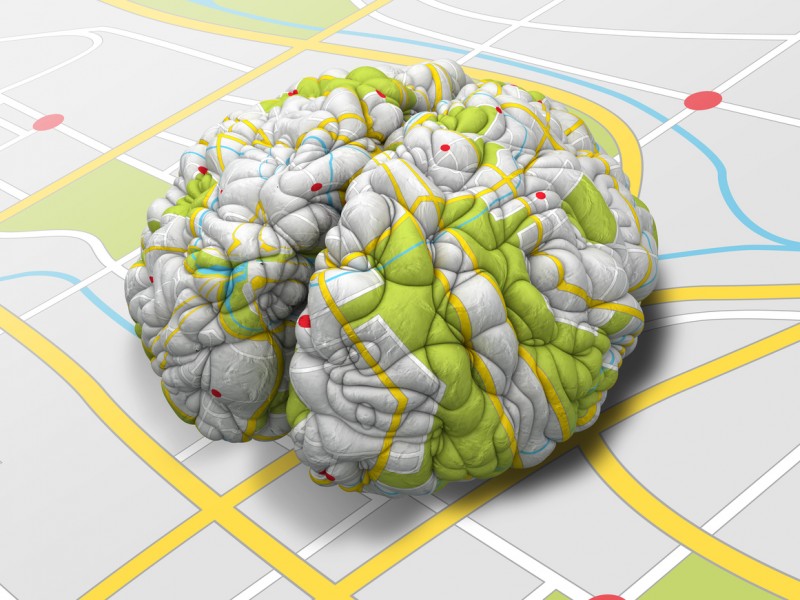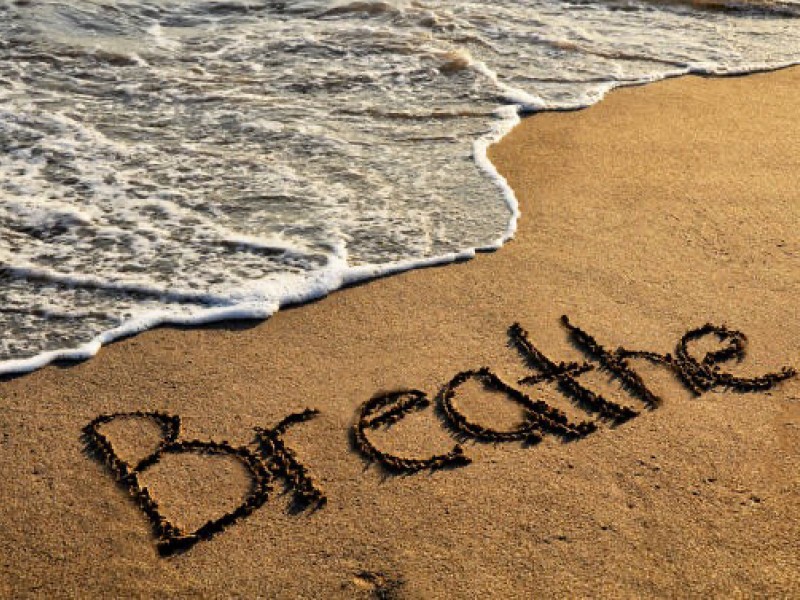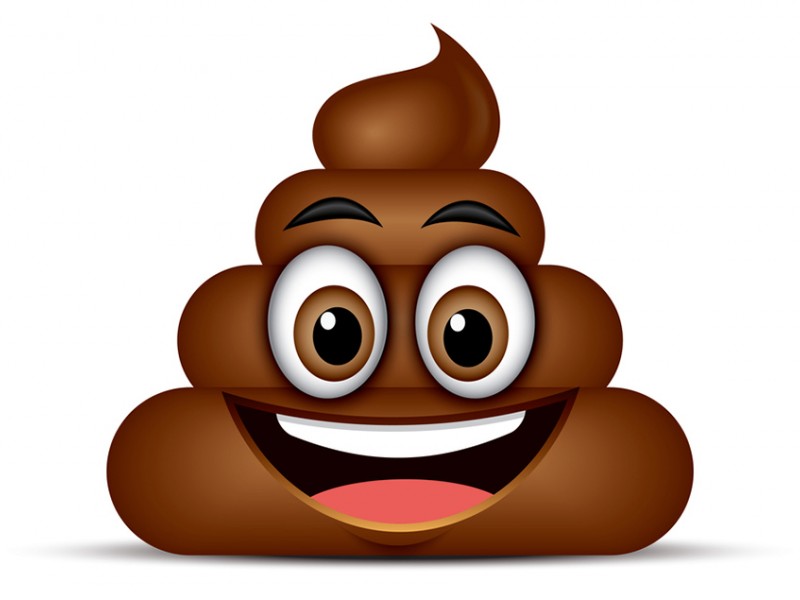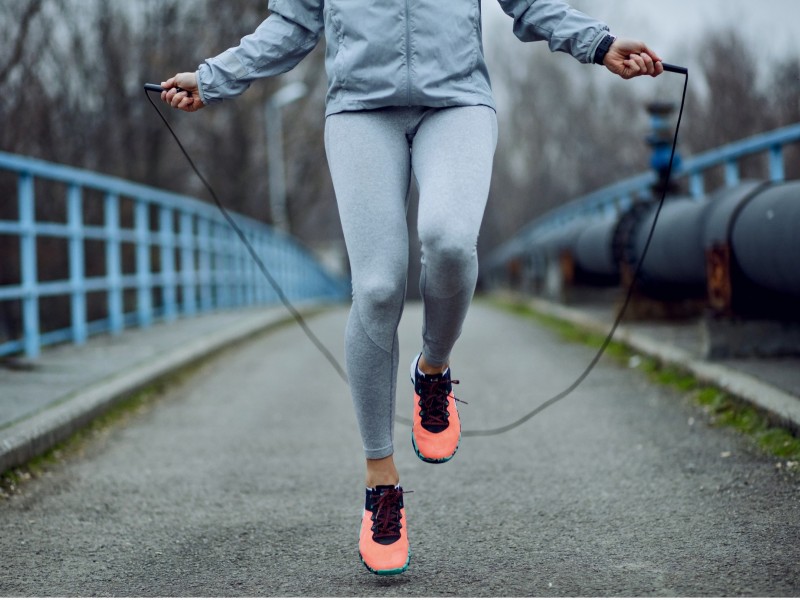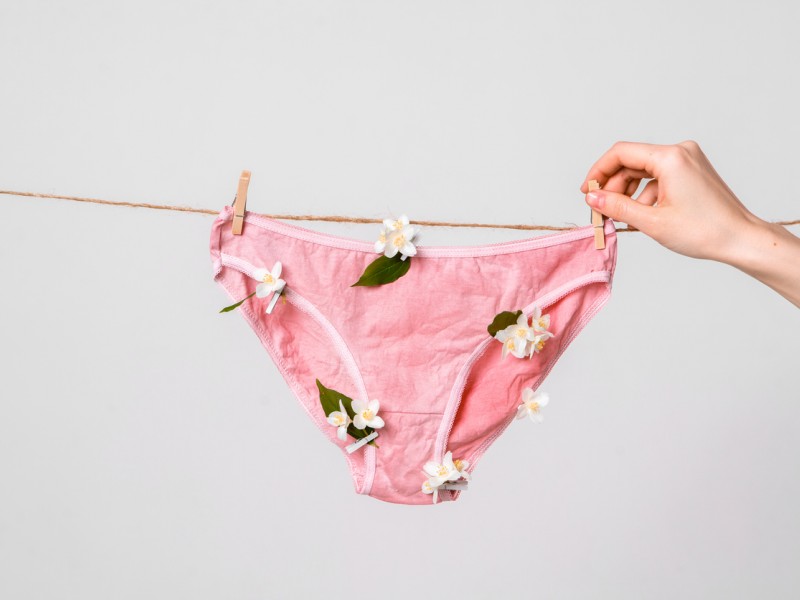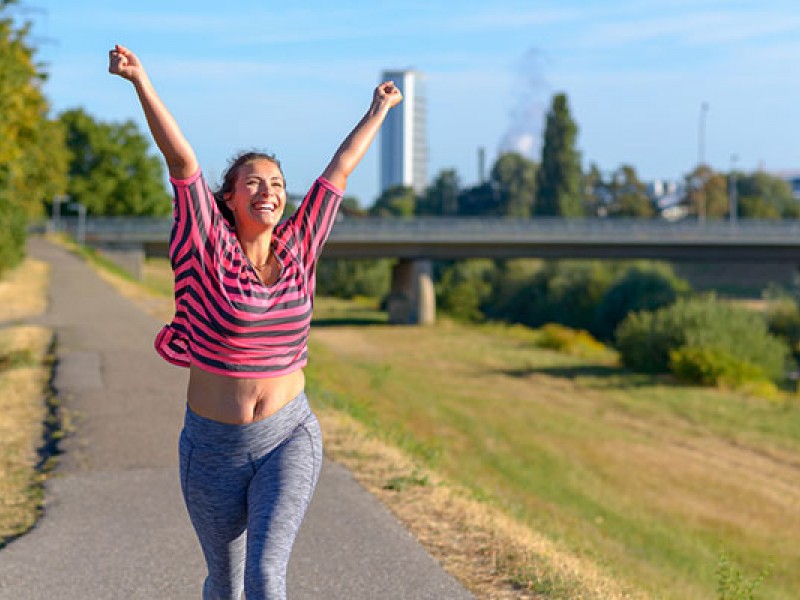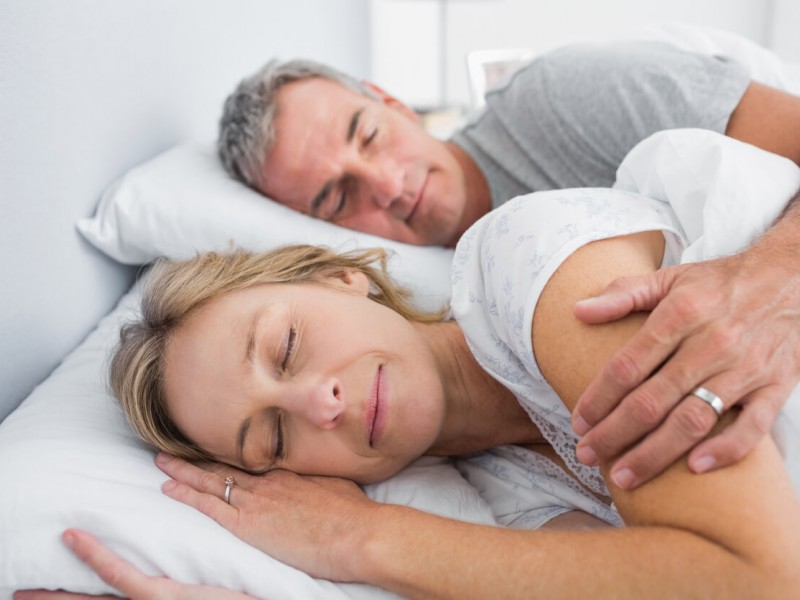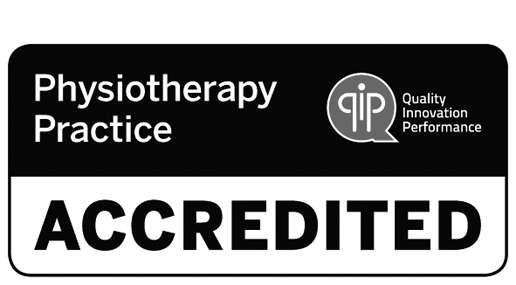We see many peri and post-menopausal women experiencing bladder problems and painful sex, but there are many more bothersome symptoms. Kath Tsebelis is a Physiotherapist, Pilates & Fitness instructor, Nutritionist and Certified Menopause Coach.
At Women’s & Men’s Health Physiotherapy we focus solely on restoring pelvic health, empowering every person to live their best life. This often involves introducing or modifying movement practices and general exercise as they both result in numerous physical and psychological benefits. Unlike many other Pelvic Health Physio practices, we don’t offer Pilates or other movement classes. This means we can support our patients to explore what will work best for them without any bias.
Every day, we speak with people who seek our support regarding painful sex. Often their stories include fear, confusion and a poor understanding of the vulva, clitoris and vagina. Many people hold unhelpful beliefs and perceptions of what is and isn’t normal.
Everything we do is programmed and recorded by the brain in unique patterns involving millions of brain and nerve cells, which function like a map. These maps start to develop from the moment we are born and explain some of the processes involved when we learn how to walk, run, or any new activity that becomes second nature.
It may appear a little strange to write a blog about breathing, when it is something that we do 24 hours a day, 7 days a week and have been doing so consciously and subconsciously since we were born! However, just because breathing is automatic, it doesn’t mean that we do it effectively! Many people hold their breath without realising, they breathe into their upper chest only, or they don’t breathe in and out all the way. Being more aware of your breath and optimising the way you breathe can have a profound impact not only on your pelvic health, but your health in general.
There’s a reason why people say they go to the toilet to relieve themselves - emptying your bowel completely and easily is extremely satisfying! We had such a great response to a previous blog we wrote “5 Tips For A Perfect Poo”, we thought we would follow up by answering some of our commonly asked questions about bowels. This may help you get that feeling of relief on the toilet!
So many of our patients diagnosed with a prolapse stop exercising. Exercise may exacerbate their prolapse symptoms, or they may be worried about making their prolapse worse. But exercise is so crucial to look after both physical and mental health. One of the most common questions we get from our patients with prolapse is: what type of exercise am I able to do?
The inspiration for this piece is from one of our favourite books, “Come As You Are”, by Dr Emily Nagoski. Dr Nagoski has pulled together 10 years of research into women’s sexuality, and shares an essential exploration on how female arousal, desire, autonomy, pleasure and orgasm works, and provides tools for women to create and sustain a fulfilling sex life.
Bladder leakage is a significant problem for Australian women and is an issue that needs to be taken more seriously. There are over 5 million Australians who experience bladder leakage and 80% of these are women. The physical, emotional and social impact that this can have on a woman’s life cannot be underestimated. Whilst bladder leakage is very common, it is also very treatable - pelvic floor muscle training is the number one recommended treatment world-wide.
Good sleep is hard to come by during this pandemic. The challenges of working from home, juggling home schooling or young children not attending care, missing friends and family, and increased stress, worry or financial uncertainty can all contribute to keeping you awake. Unfortunately, not getting enough sleep has a big impact on our mental and physical health. This article shares our top “sleep hygiene” tips to help ensure you have a more restful night’s sleep.



